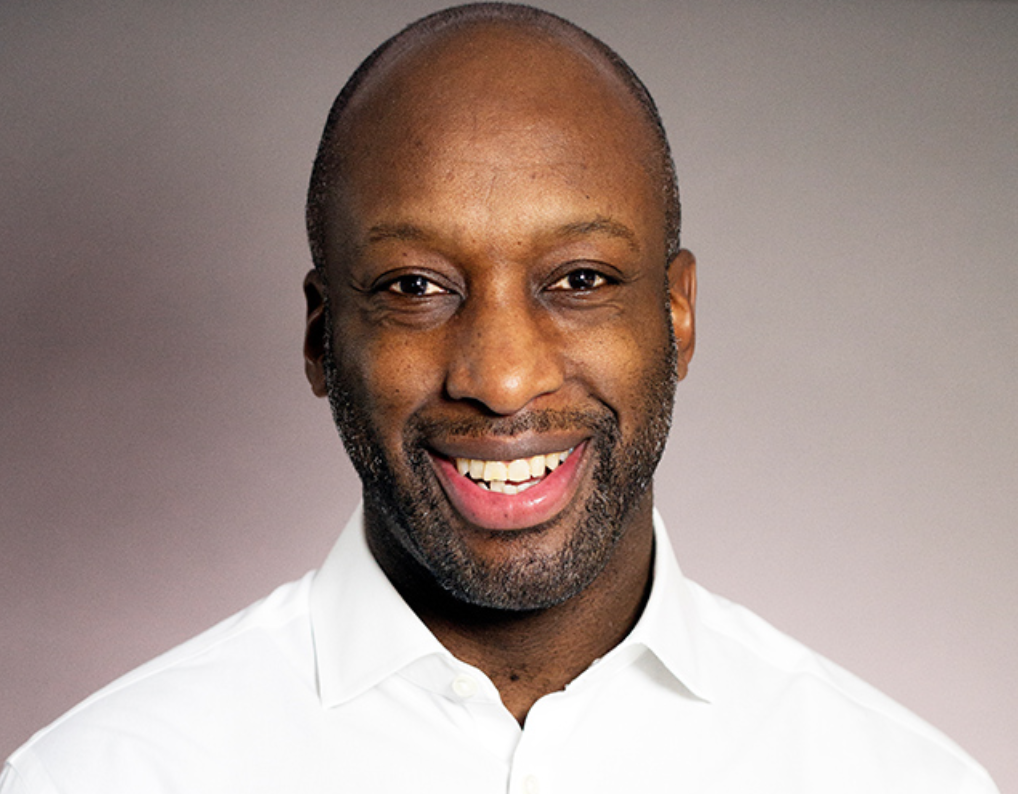
What has been your role in fighting Covid-19 in London hospitals?
I have been running a Respiratory High Dependency Unit where very sick patients with Covid are given specialised oxygen treatment called CPAP. This is the final treatment before patients are put on a mechanical ventilator in the Intensive Care Unit and the machine takes over all the breathing. The CPAP machine works by pushing oxygen under pressure into the lungs and forcing the small bronchial tubes open, hence improving the levels of oxygen absorbed in the lungs.
I also spend time in the Emergency Department admitting newly diagnosed Covid patients and deciding on the best treatment plan. More recently I have been seeing patients in the Outpatient Clinic who have had Covid but still have ongoing problems with their chest or Long Covid type symptoms.
How have teams worked together to understand and treat the illness?
Managing Covid is a big team effort. The doctors focus on establishing the correct diagnosis and managing the complications of Covid infection. They review all the blood tests and xrays and decide on the right medications to deal with the viral infection and the resulting damage to the lungs and other parts of the body. The nurses are with the patient and give the oxygen therapy and sometimes special forms of oxygen through a CPAP mask or hood. They give all the medications and provide support to the patient, often taking the place of the patient’s relatives who cannot physically be on the wards. We also rely on our Physiotherapists, Dietitians, Xray staff amongst others to treat the patients in a holistic way.
We also have a large support staff in the laboratories who test all the samples and provide the doctors with all the information needed to make the right decisions for each patient.
What has been the biggest clinical challenge in treating Covid?
Covid 19 was a new viral infection and much more severe than the typical Respiratory viruses. It not only targeted the lungs but affected the heart and blood vessels leading to other complications. We used our previous medical knowledge to stabliise patients but it was only after the clinical trials from the early cases with the large UK recovery study that we understood the benefits of a steroid medication called Dexamethasone. This has been shown to reduce death in patients that are short of oxygen. We are also using a drug that attacks the virus itself, called Remdesivir. This has been shown to shorten hospital stays. More recently we are using antibody medications that dampens down the damaging overreaction of the immune system. One of the biggest ongoing challenges is treating Long Covid which often represents a combination of disabling symptoms. Research is ongoing about why it occurs and this should give some clues about treatment.
How do you think a vaccine will contribute to the overall reduction of transmission and cases How will this work?
Scientists have worked night and day to produce successful vaccines preventing serious illness with Covid 19. The level of funding allowed rapid scientific work and large scale clinical trials. As these vaccines are rolled out across the world, they will prevent illness, hospitalisations and deaths and also reduce person to person transmission by lowering the amount of virus in the throats and noses of vaccinated individuals. New forms of Covid 19 will continue to develop and this will keep Scientists busy, making changes to the vaccines to keep up with the mutations. Current evidence suggests that the current approved vaccines will still have some impact on these more transmissible mutants.
Should patients with respiratory conditions still be concerned even with the available vaccine?
Patients with risk factors such as old age, diabetes, obesity and respiratory conditions will still need to alter their behaviour even after the vaccinations. They will need to reduce social contacts, maintain social distancing and observe hand hygiene. No vaccine is 100% effective and we don’t know how long they will give us protection. The other concern is new mutations of the virus may arise which may evade detection by the immune system even when it’s been boosted by double vaccinations. On a positive note as the cases fall, the chance of coming across an infected individual will reduce and that should allow most people to resume some normal activities.
What advice are you giving to your patients at the moment with underlying health conditions?
Some underlying health conditions can be improved and the two biggest ones are diabetes and obesity. Good control of diabetes with controlled blood sugars may lower the risk of Covid complications. Maintaining a healthy weight seems to be a protective factor independent of other health issues.

